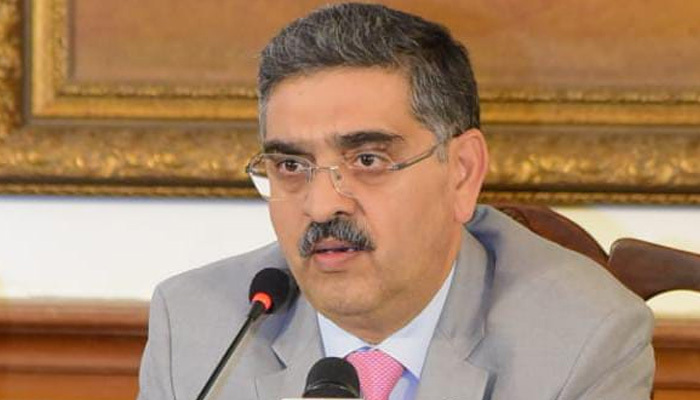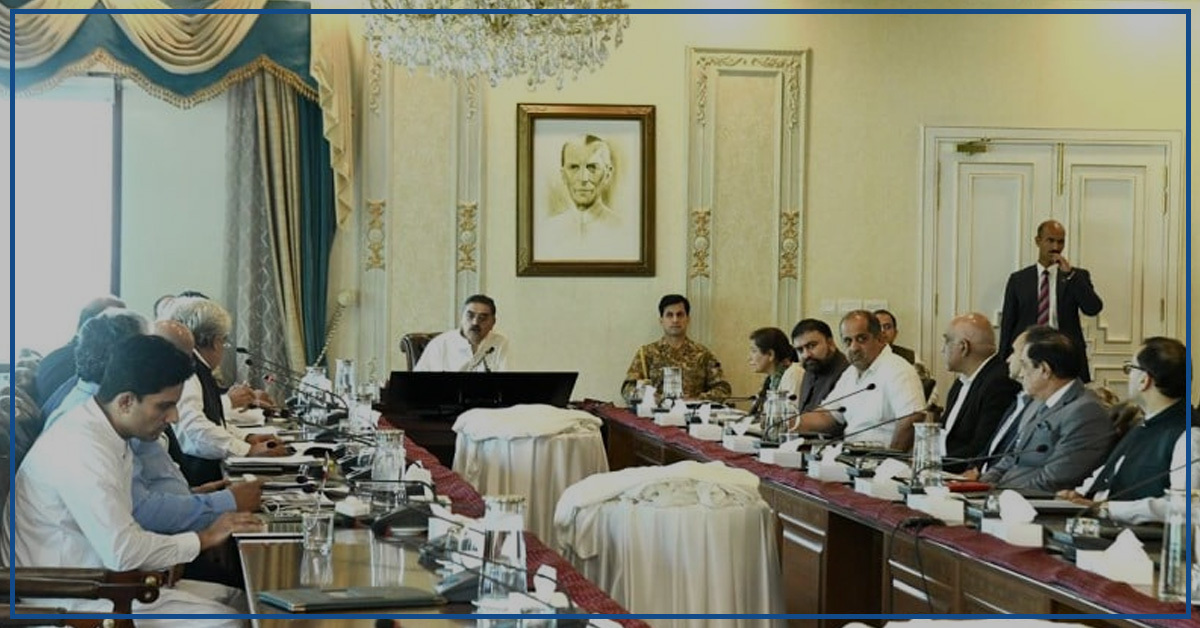In response to growing public frustration over exorbitant electricity bills, Caretaker Prime Minister Anwaarul Haq Kakar has taken decisive action. On Sunday, he directed relevant authorities to develop concrete plans within the next 48 hours to ease the burden on the public.
This move comes amidst nationwide protests and widespread public outcry regarding the soaring electricity costs in the midst of rampant inflation. Kakar’s call for action is set against a backdrop of broader political, economic, and constitutional uncertainties.
While the meeting on Sunday did not yield immediate solutions, Kakar emphasized the need to identify individuals and organizations benefiting from free electricity and urged relevant ministries and departments to provide this information. He also instructed power distribution companies to devise strategies to combat electricity theft.
Just last month, the national average electricity tariff was raised by approximately Rs5 per unit, increasing the base unit power tariff from Rs24.82 to Rs29.78. On August 22, the government sought another increase of Rs3.55 per unit.
Shortly after the interim PM’s announcement, Caretaker Minister for Information and Broadcasting Murtaza Solangi, alongside Federal Secretary of the Power Division Rashid Mahmood Langrial, held a press briefing in Islamabad to clarify the current state of electricity tariffs.
During the briefing, the minister acknowledged the hardships faced by the public due to rising electricity prices and assured that all stakeholders in the power sector would be involved in the prime minister’s emergency meeting.

The Power Division secretary confirmed that the provision of free electricity units to power distribution company officers would be discontinued, emphasizing that the burden would not be shifted to regular bill-paying individuals. He explained that the initial tariff for fiscal year 2023 was set at Rs195 per dollar, but the exchange rate had surged to Rs284.
Additionally, the secretary noted that the planned price for regasified liquefied natural gas (RNLG), used in electricity generation, had not been achieved, with actual prices ranging between Rs3,000 and Rs3,800. Similarly, the price range for imported coal varied between Rs51,000 and Rs61,000 per metric tonne. He also mentioned the allocation of Rs2 trillion exclusively for capacity payments in the upcoming year.
The prime minister, along with caretaker federal ministers, advisers, and high-ranking officials from various key departments, convened at the Prime Minister House to brainstorm measures that could provide relief to the public and prevent larger-scale demonstrations.
Since no immediate decision was reached, Kakar adjourned the meeting for a day, instructing concerned officials to present plans to resolve the issue. Consultations with the chief ministers were scheduled for Monday to discuss electricity-saving strategies and the issue of inflated bills.
This collaborative effort aims to find solutions to conserve electricity and effectively address the surging bills that have pushed the public to a breaking point.
The government’s action comes in response to widespread protests across the country triggered by shockingly high electricity bills received by citizens this month. On Saturday, Kakar called for the meeting in the wake of nationwide protests and the growing social media trend against massive electricity bills.
The general public and trade associations have initiated large-scale protests against electricity bills and heavy taxes, with demonstrations taking place in different cities, compelling the government to take notice at last.





